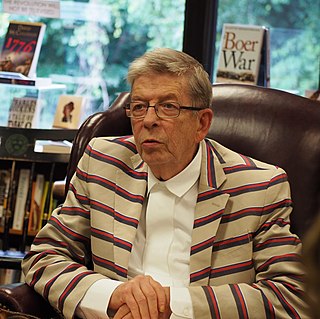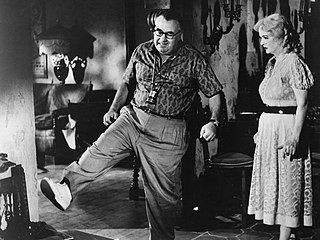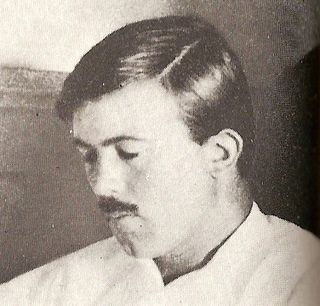A Quote by Joe Meno
What I've learned is that there is nothing in this life that does not fail to disappoint us, even our own deaths.
Related Quotes
Even though its common knowledge these days, it never ceases to amaze me that all the richness of our mental life - all our feelings, our emotions, our thoughts, our ambitions, our love life, our religious sentiments and even what each of us regards us his own intimate private self - is simply the activity of these little specks of jelly in your head, in your brain. There is nothing else.
A parent does not do everything for their kid. A parent that does everything for their kid produces a kid with no self-confidence. If our parents fixed everything for us and did not allow us to do anything on our own, or intervened every single time, we would all grow up to be completely dependent. The reason we grow up to be healthy adults is because our parents played this game of giving us responsibility, disciplining us when necessary, letting us try, letting us fail.
God will never disappoint us… If deep in our hearts we suspect that God does not love us and cannot manage our affairs as well as we can, we certainly will not submit to His discipline. …To the unbeliever the fact of suffering only convinces him that God is not to be trusted, does not love us. To the believer, the opposite is true.
So you think that you're a failure, do you? Well, you probably are. What's wrong with that? In the first place, if you've any sense at all you must have learned by now that we pay just as dearly for our triumphs as we do for our defeats. Go ahead and fail. But fail with wit, fail with grace, fail with style. A mediocre failure is as insufferable as a mediocre success. Embrace failure! Seek it out. Learn to love it. That may be the only way any of us will ever be free.
Before making peace, war is necessary, and that war must be made with our self. Our worst enemy is our self: our faults, our weaknesses, our limitations. And our mind is such a traitor! What does it? It covers our faults even from our own eyes, and points out to us the reason for all our difficulties: others! So it constantly deludes us, keeping us unaware of the real enemy, and pushes us towards those others to fight them, showing them to us as our enemies.
...when we abandon visible riches... it is strange goods and not our own that we are leaving. And this is so even if we boast that we acquired them through our own efforts or that they were passed on to us as an inheritance. I say nothing is ours except what is in our hearts, what belongs to our souls, what cannot be taken away by anyone.
Nothing sweeter than to drag oneself along behind events; and nothing more reasonable. But without a strong dose of madness, no initiative, no enterprise, no gesture. Reason: the rust of our vitality. It is the madman in us who forces us to adventure; once he abandons us, we are lost; everything depends on him, even our vegetative life; it is he who invites us, who obliges us to breathe, and it is also he who forces our blood to venture through our veins. Once he withdraws, we are alone indeed! We cannot be normal and alive at the same time.







































